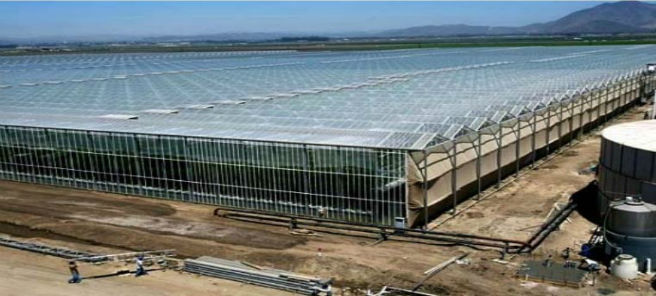The Australian vegetable industry is in a strong position to deal effectively with climate change. The industry has excellent climate change credentials, is a low emitter of
greenhouse gasses on a productivity basis, and has one of the lowest carbon and water
footprints of any food producer. Vegetable growers also have greater capacity to adapt to
change than most other rural industries.
The threats, however, are serious, and the industry should not be complacent. The viability
of vegetable production can be affected either by the physical impacts of a changing
climate, or by government policies aimed at addressing climate issues. This review has
focused on identifying actions growers and the industry can take in the short and longer
term to safeguard the Australian vegetable industry against climate related threats.
Industry and farm managers will need to distinguish between ‘old climate expectations’ and
‘new climate realities’ in determining how best to adapt vegetable farming to our more
variable climate and where possible, further reduce our greenhouse gas emissions.
The challenge for the industry is to develop a clear strategy for how best to adapt to
anticipated climatic and atmospheric changes, in ways that minimise adverse financial and
environmental impacts and take best advantage of any positive changes. This review will
build on previous climate change studies conducted for the horticulture industry.
